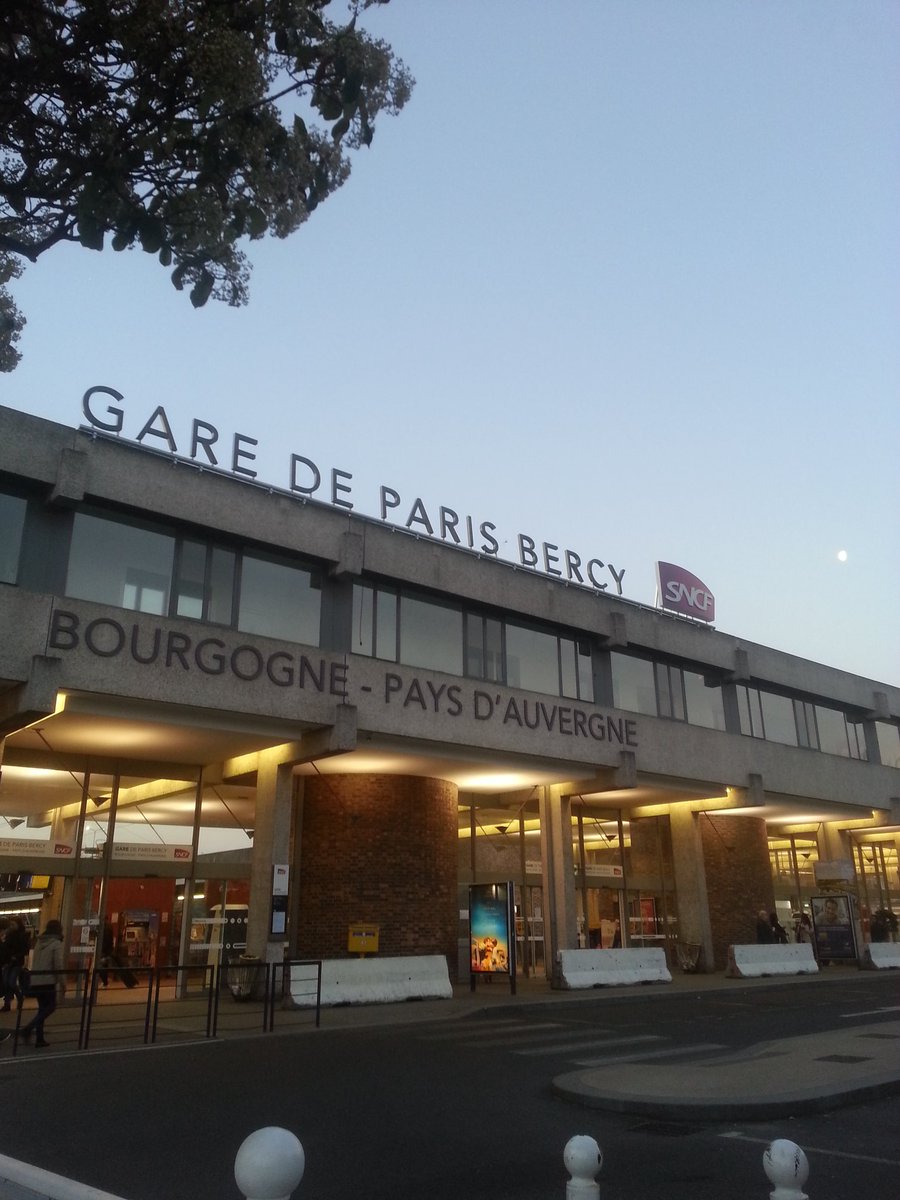– The song that won (The Netherlands; Arcade) = A minor
– The song that came dead last (UK; Bigger Than Us) = C Major
Ireland (didn't qualify)
Lithuania (didn't qualify)
Austria (didn't qualify)
Sweden (which we'll return to...)
Get real-time email alerts when new unrolls are available from this author!
Twitter may remove this content at anytime, convert it as a PDF, save and print for later use!

1) Follow Thread Reader App on Twitter so you can easily mention us!
2) Go to a Twitter thread (series of Tweets by the same owner) and mention us with a keyword "unroll"
@threadreaderapp unroll
You can practice here first or read more on our help page!









